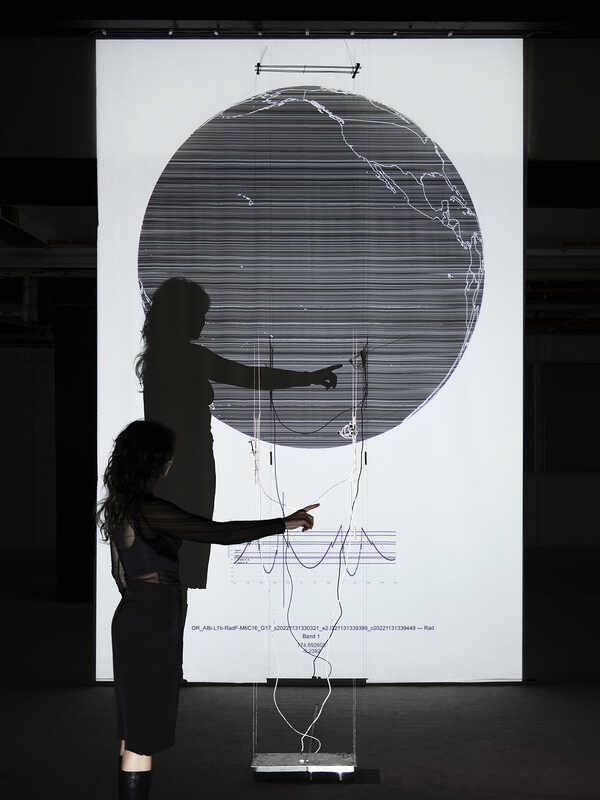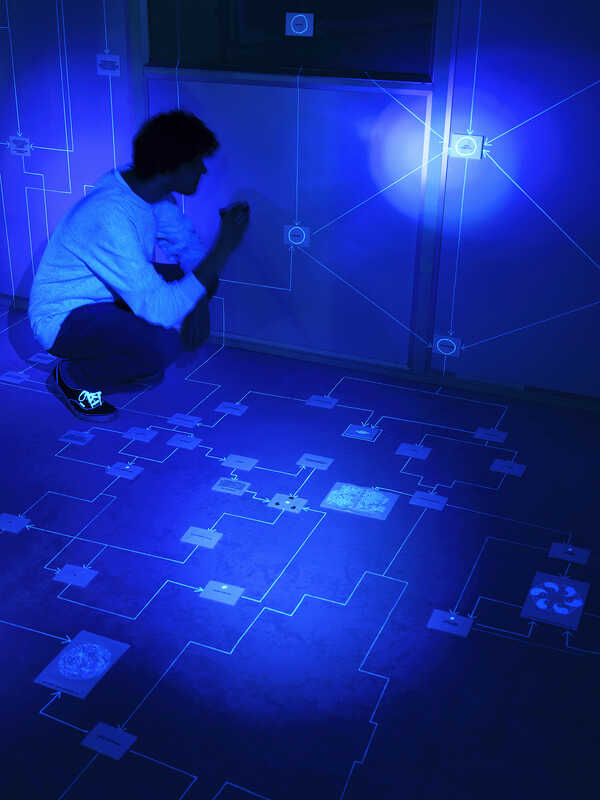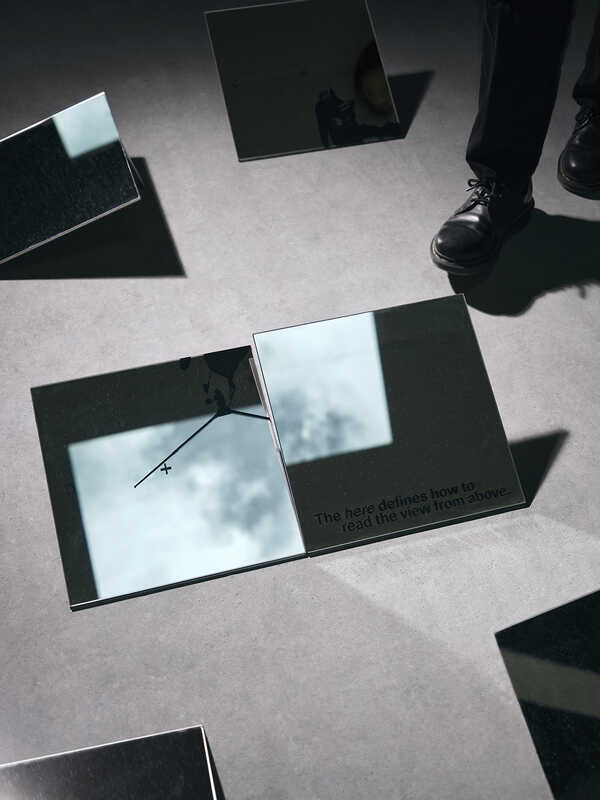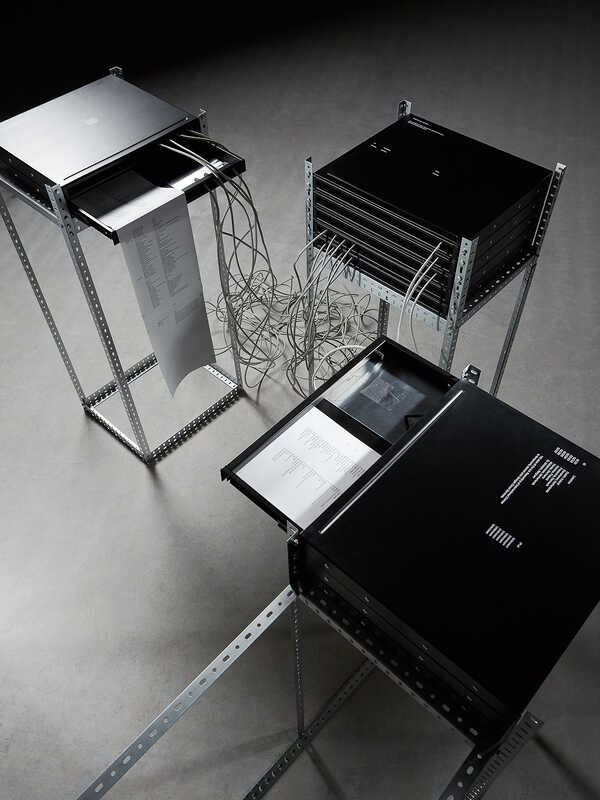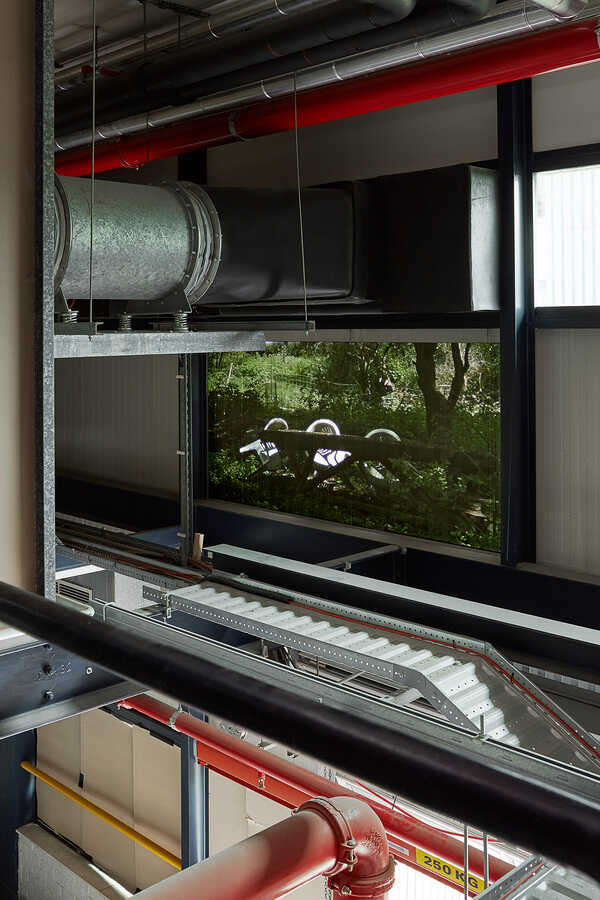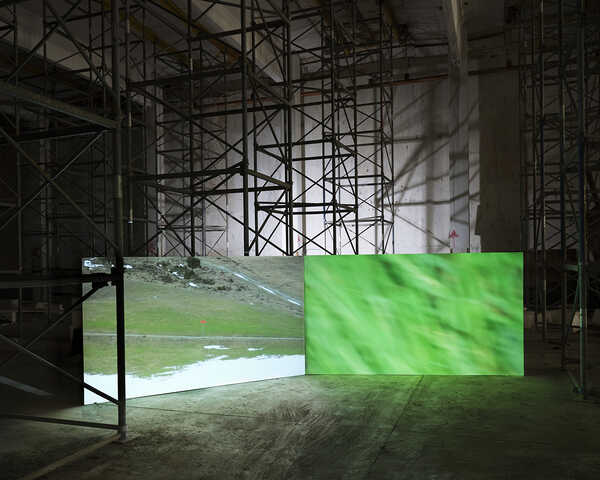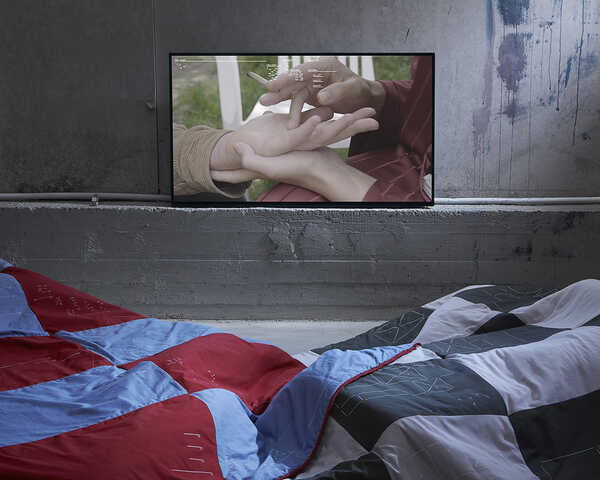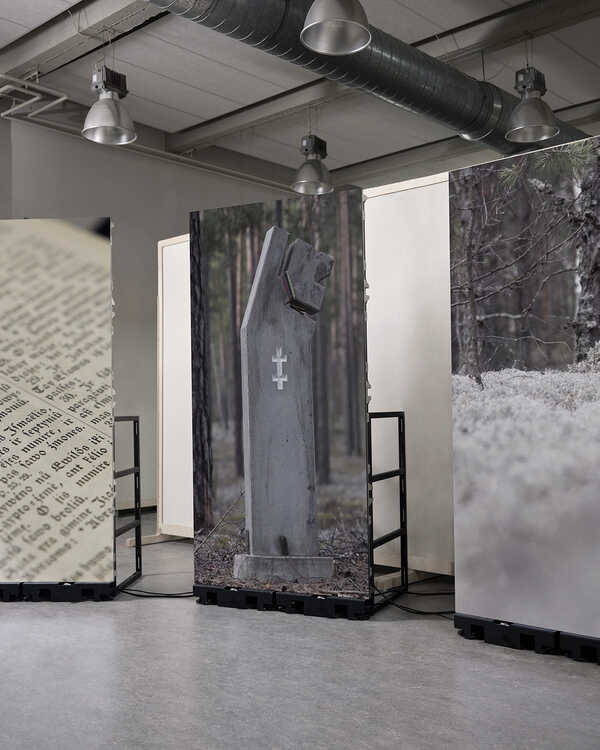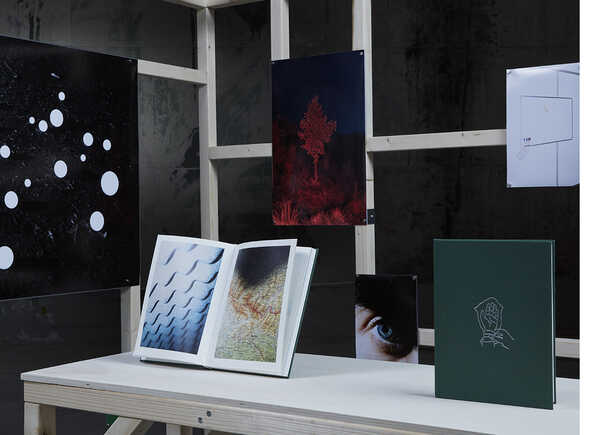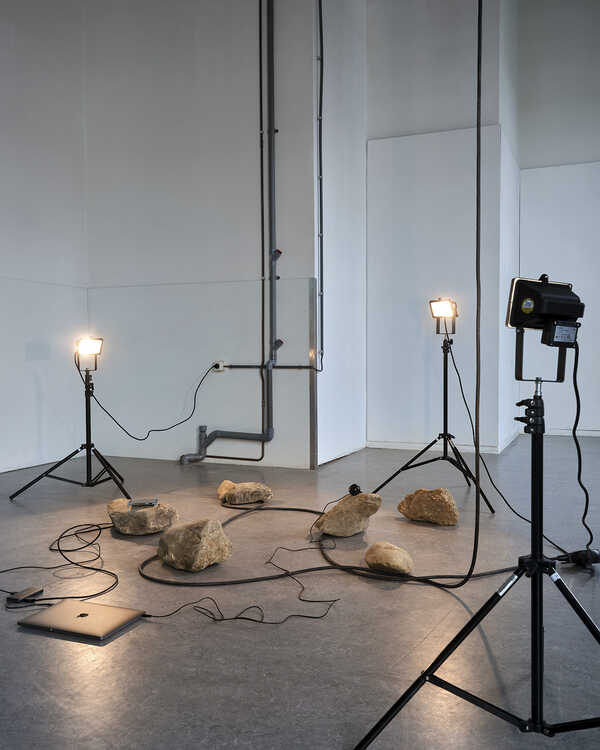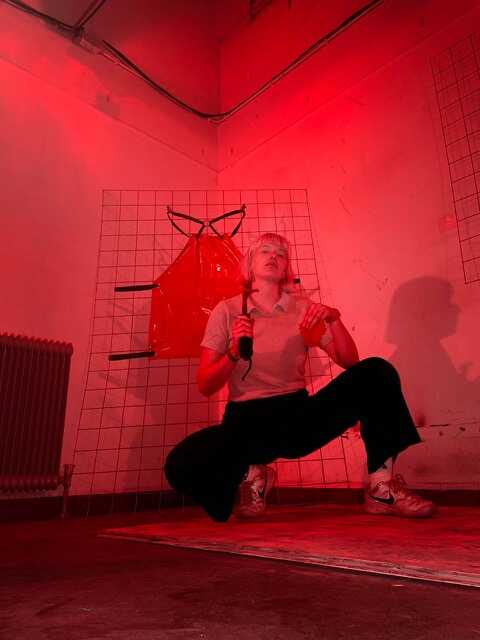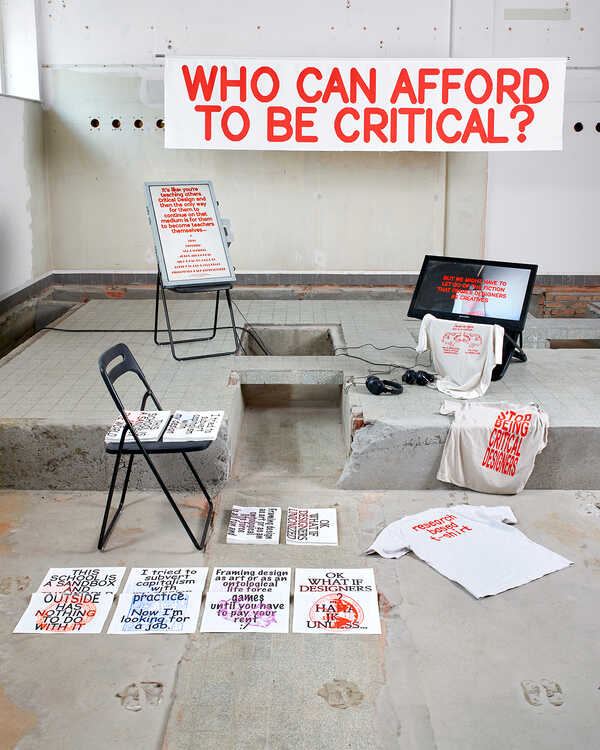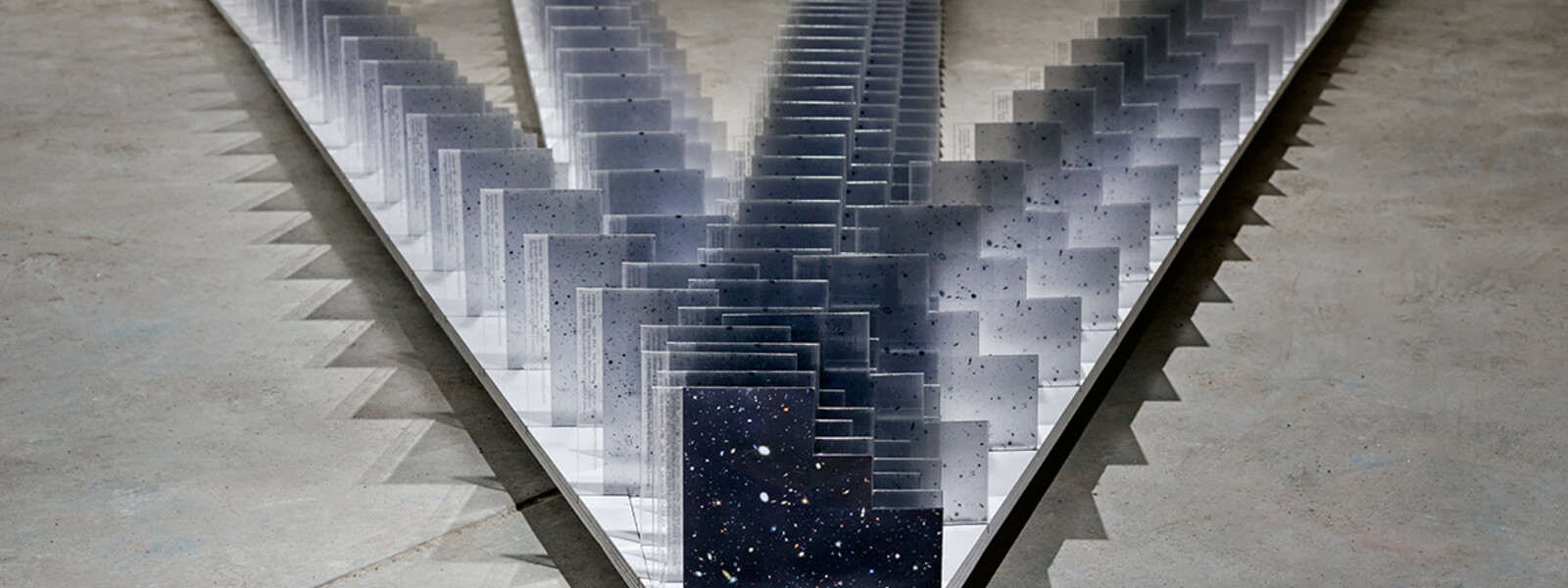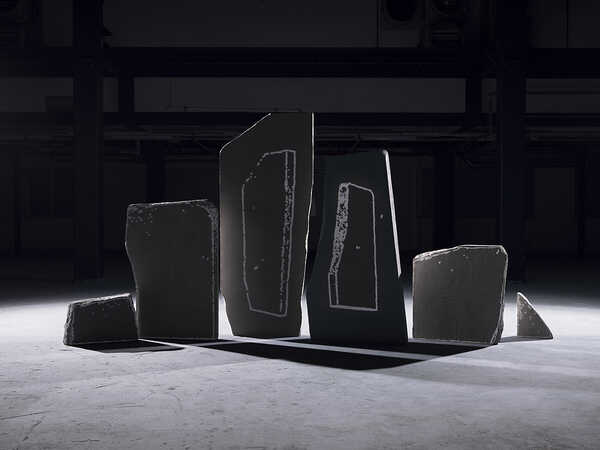Information Design
MA Information Design acknowledges the social and political responsibility of design within the current crisis, supporting debates and actions that address the entangled relationships between social injustices, regimes of extraction, racial discrimination, spatial violence, and the climate emergency. The curriculum aims to provide the students with technical proficiency paired with intellectual rigour and curiosity, and fosters projects that act as a critical reflection on the tools and systems they rely upon. As a department, it strives to create open and accessible repositories of digital tools and data, the documentation of research methodologies, and an archive of case studies, in order to disseminate its outcomes beyond the school’s end-of-the-year exhibition.
PROGRAMME ARCHITECTURE AND CURRICULUM
The programme is structured in two classes of first- and second-year students. Design studios, seminars, thesis tutorials and research labs are the core activities of the programme, and their progress and outcomes are shared, presented, discussed and assessed during Midterm and Final Reviews, which are organised and convened every trimester. Additional moments of learning, collaboration, and experimentation—like intensive workshops, a multi-disciplinary lecture series with external guests, and field trips—are distributed throughout the year.
The variety of the programme’s activities is meant to provide a wide spectrum of pedagogical models, with opportunities for radically different forms of knowledge production and cooperation.
The first year of studies is dedicated to the exploration of theories, methods, tools, and practices related to the field of information design at large, in the settings of intensive studios, labs, seminars and workshops. Students learn how to conduct research (both in the field and in the archive); to question the technologies and processes behind the production, collection, and dissemination of information; to present and document their work, and to collaborate in the context of both collective projects and seminars. This learning and research environment is designed to prepare students with essential knowledge, presentation and visualisation skills, and critical thinking for the formulation of a thesis proposal during the third (and last) trimester. The students are encouraged to choose a thesis topic that reflect their individual research interests, but within a guided and rigorous setting that help to frame the work as a critique on the extents and agency of the current field of information design. While the responsibility of the thesis development is individual, each thesis project is a component of the collective research effort of the department, and is consistently discussed and commented upon within a collaborative environment.
Some of the questions that are posed and addressed by the studios and seminars of the first year are: What is a dataset, and where and how do we sense information? What ethical considerations should be taken into account when collecting data from individuals or sensitive sources? What is the role, agency, and burden of visibility and what, instead, can the absence of information reveal? Is it possible to think of a non-extractive practice of data collection? What is the role and power of narratives and storytelling in the manipulation of data? What are the protocols through which we can design more inclusive and open ways to work with data, rather than fostering an authorial interpretation of the work of the designer? What is the relationship between aesthetics and accuracy? What is the accountability of a particular visualisation technique, what its history and biases?
The second year of studies is fully dedicated to the development of the thesis project. Additional collaborative studies and activities (i.e. research labs, workshops, and lectures) are designed to foster a practice of collaboration and exchange within and between the two cohorts, and to learn supplementary technical and critical skills.
RESEARCH LABS
Research labs are learning and research environments specific to MA Information Design, and which runs in parallel with the core studios, seminars, and thesis tutorials that constitute the programme’s main curriculum. The aim of the labs is to explore alternative models of pedagogy, based on principles of transversal collaboration, and with different outcomes than an individual student’s project. The outcomes and learning goals of the labs are meant to provide alternatives to the format of an individual student’s work, are not necessarily project-based and can be experimental. The research agenda of the labs is set and developed by the tutors, Simone Niquille (Parametric Truth Lab) and Julian Oliver (Roots Lab). They are designed to introduce practices of work, research, and knowledge production that expand outside of the traditional environment of the academy, and beyond the individual, project-based idea of design, in order to include modes of collaboration akin to scientific research, participatory writing, open-source communities, activist groups, and more. Furthermore, the labs are tasked to progressively provide the department with a physical lab—a software and hardware infrastructure that will be built and maintained by the students across the years, and will be available for a wide range of other activities, from other classes to thesis projects.
